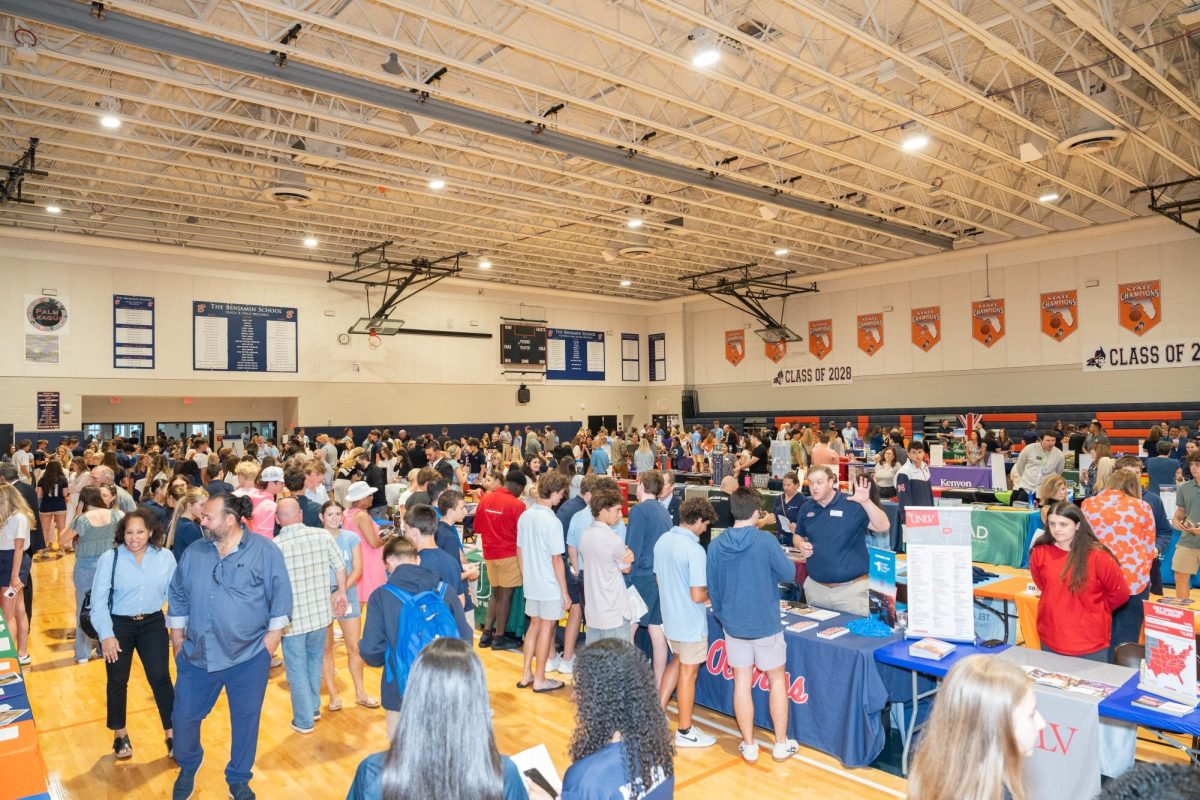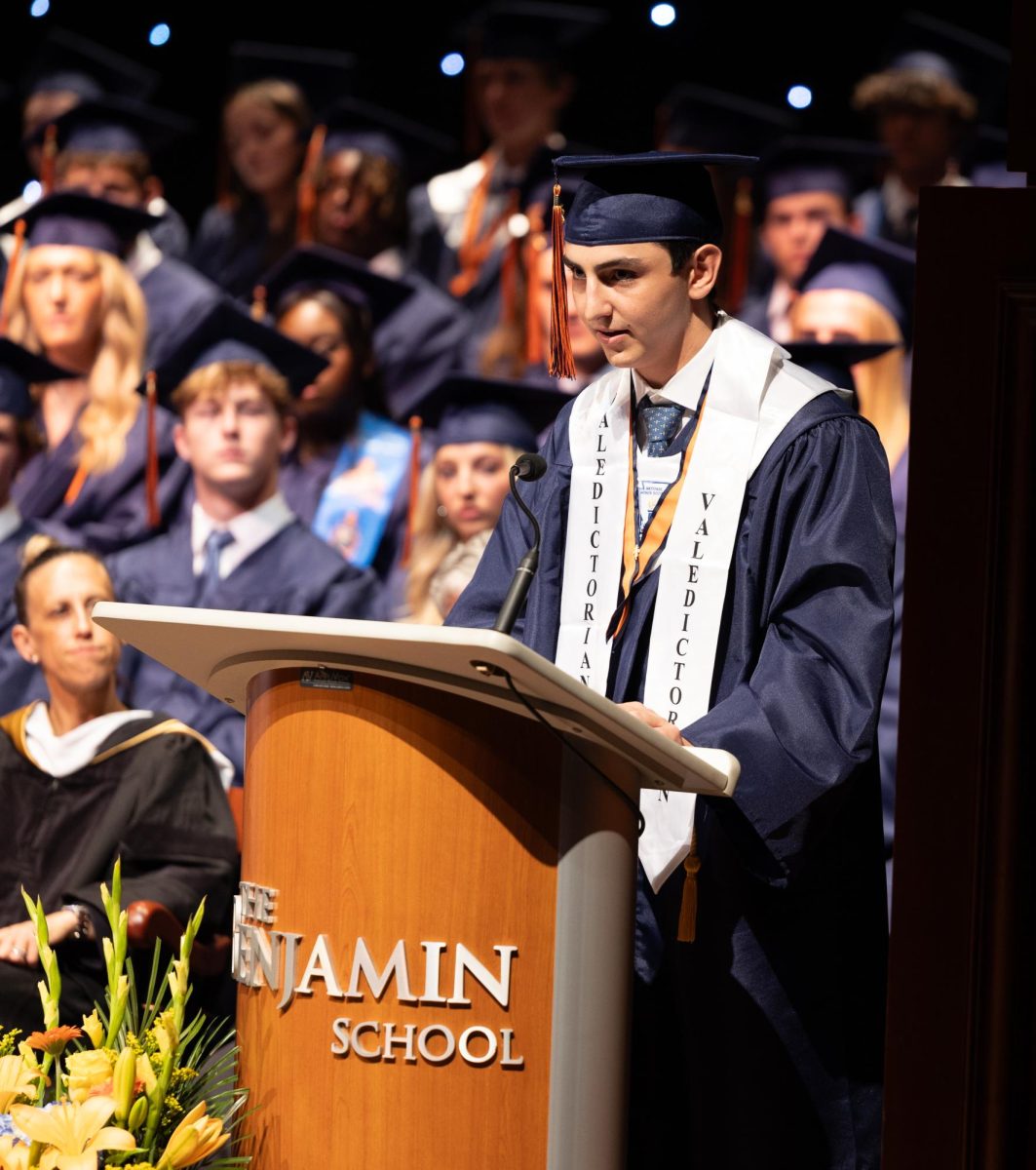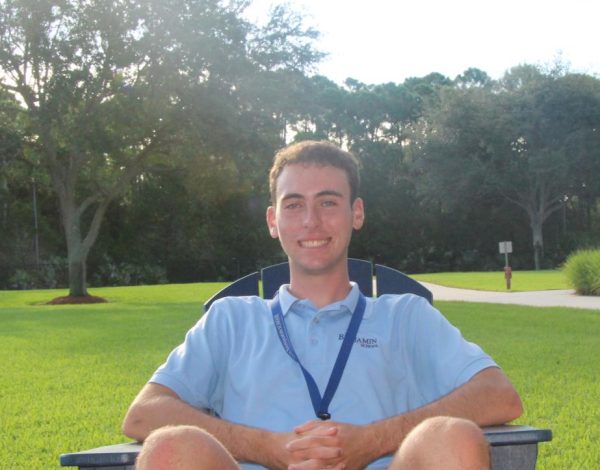The Benjamin School prides itself on not only being one of the premier college preparatory schools in Palm Beach County but also the entire state. The rigorous curriculum, experienced faculty, and nurturing learning environment make Benjamin appealing to students of all ages.
With this rigor comes a modest share of homework, projects, and assessments. This raises the question: Is there too much work?
Students in each grade have weeks when they are head over shoulders in their workload. Then, there are other weeks when students barely have any work. The assignments and assessments seem to come in waves, which allows students to experience what college will ultimately be like. Some weeks will be full of tests and essays, while others may just be textbook readings or practice assignments.
For example, AP World History in high school has nine units. This means that students have to do nine units of homework, nine units of tests, plus a midterm and an AP Exam on top of it. In a college world history class, there is a similar curriculum, with less homework and more assessments in between the large unit tests. So, is there a balance between having too much “busy work” like in a high school class, and having more assessments like in a college class?
AP courses are designed to model college-level courses. Fast-paced, months and months of content, and eyes always on the final exam in May. One could argue that AP courses need to come with a lot of work because of the preparation they give students for their years after high school. So where else could the workload be lightened?
A step below AP courses are honors classes. They do not follow a set curriculum from College Board or another big-name education company, but they often help propel students toward the AP courses that they could choose to take the following year. For example, Benjamin has an Honors Chemistry class that many would describe as a mini AP course. Homework every night, tests and quizzes for multiple units, and labs that give students an interactive experience to help them better understand the material.
If students do well in Honors Chemistry, they will be recommended for AP Chemistry, which builds on what the students learned the year before. The transition between the two courses is fairly easy, as students are very prepared for the next level of content in the AP curriculum. On the other hand, though, Honors Chemistry can be a very challenging class for sophomores, who take up a majority of the seats in the classrooms.
While AP courses reflect college-level courses, honors classes reflect AP courses. When a student signs up for an honors class, they may be overwhelmed by the workload because of the way these classes are designed. This raises another question: Should there be a bigger distinction between honors and AP courses?
Honors classes are supposed to allow students to take a course that is more challenging than a regular class, but not as difficult and stressful as an AP course. Often, honor classes go in-depth on content that is taught in their respective AP courses. This overlap causes students to have more work and makes the class go at a faster pace. Is there a way to shorten the curriculum of honors classes to make them more manageable for students, especially underclassmen?
Then there is the concern that students are underprepared for the AP courses. Some will argue that the students need the overlapping of content in their honors classes so that they can be more successful in their AP courses. This is a good point that needs to be considered. Again, it all comes down to finding the correct balance between too much work and how to best prepare students for their future courses, whether they are in high school or college.
It certainly is an interesting topic, as many students nowadays complain about their homework load and how they have no time to do anything else. At Benjamin, this is not the case at all. If anything, students should be appreciative of the ways that Benjamin separates their workload. The busy and non-busy week format has worked for many Buccaneers throughout the years and still seems to be working today.
School in general is not becoming more difficult. Rather, students are learning more quickly and more broadly, forcing curriculums to expand. It’s almost as if the students are making their own lives more difficult. The smarter they get, the harder their classes and their workload become. Times are changing, and maybe this is all for the best.








